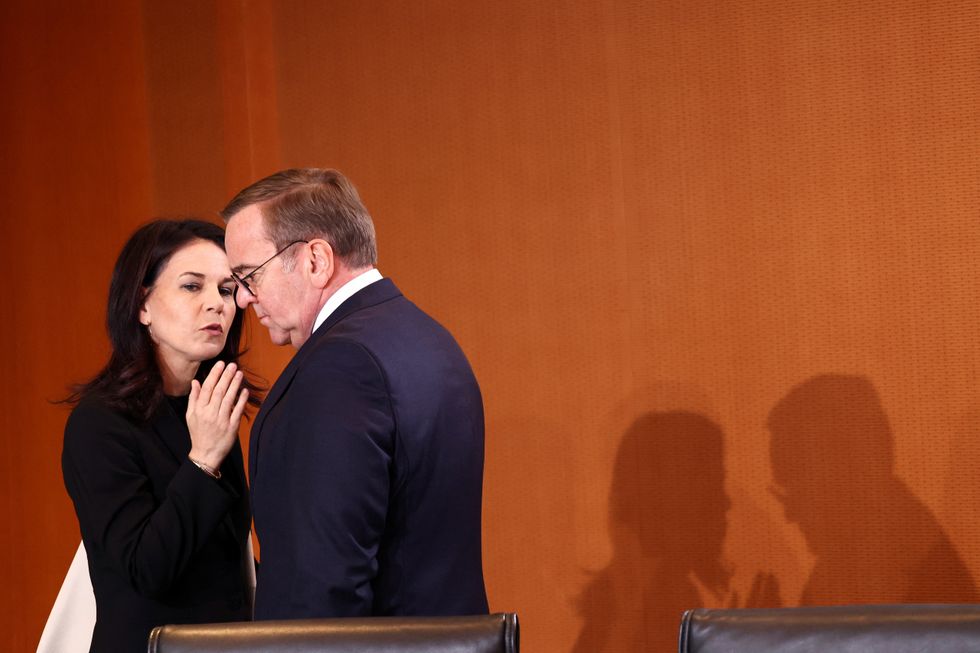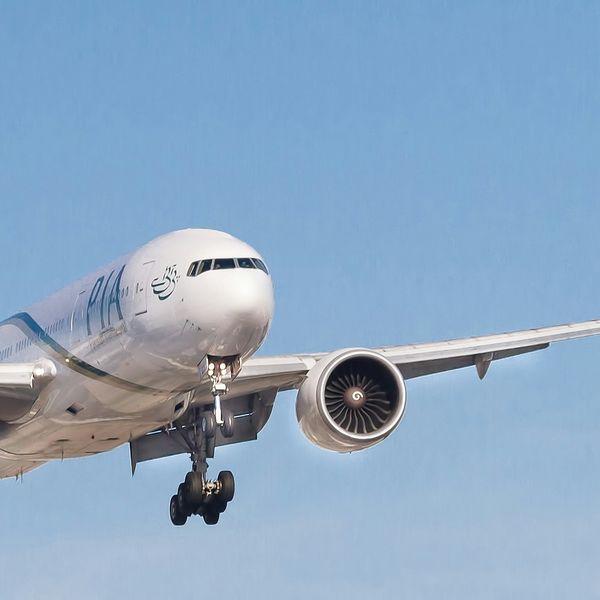Russia seeks to exploit US political uncertainty in Ukraine war, Berlin warns
Russian drone attacks on Kyiv intensifying ahead of Trump transition
AFP
News Agency Partner
AFP is a renowned international news agency, delivering comprehensive and reliable reporting on global events, trends, and issues.

German Foreign Minister Annalena Baerbock speaks on the day Joerg Kukies, interim German Finance Minister is sworn in, at the lower house of parliament, Bundestag in Berlin, Germany, November 7, 2024.
Reuters
Germany to boost military aid as second-largest Ukraine supporter
EU and Germany pressed to fill potential US military aid gap
German political crisis complicates defense spending decisions
Germany's foreign minister warned Monday that Russian President Vladimir Putin could take advantage of the US post-election transition period to press Moscow's advantage in Ukraine, urging Berlin and Europe to increase aid to Kyiv.
"We don't have time to wait until spring," Annalena Baerbock told a conference in Berlin. "Now is the transition phase that Putin has been waiting for and aiming for."
Doubts over US support
Donald Trump's victory in the US election has cast doubt on Washington's continued support for Kyiv, at a time when Russia has already been making advances in Ukraine.
Baerbock's message was aimed both at other European Union member states and a domestic audience in Germany, where there is uncertainty over the date of elections expected following the collapse of Chancellor Olaf Scholz's coalition last week.

Russia's war against Ukraine was in a decisive phase and Kyiv's air defenses desperately needed bolstering, she said.
Ahead of the US elections, "there were more drone attacks on Kyiv than ever before, deliberately targeting the capital," Baerbock said.
"The war has reached a new dimension."
Germany to address aid gap?
She called on Germany -- Europe's top economy and Kyiv's second-biggest military backer after Washington -- to increase spending on Ukraine's defenses, in particular to help fend off Russian drones.
"We now need, in addition to the measures at the European level, more financial resources in the budget," said the minister, in what sounded like an appeal to loosen Germany's debt rules which have been at the center of recent political rows.
In addition, the target of spending two percent of GDP on defense as set out by military alliance NATO was "no longer enough in the current situation", she said.
To reduce political uncertainty and clear the way for an agreement on next year's budget, she urged clarity on the timetable for Germany's looming elections.
When the coalition government collapsed after months of turmoil, Chancellor Olaf Scholz initially promised a mid-January confidence vote that was expected to lead to a late-March election -- half a year earlier than previously scheduled.
But facing calls to resolve the crisis faster, the chancellor said at the weekend he would be ready to hold the vote this year.







Comments
See what people are discussing